Darkroom Safety & Procedures: Chemistry, Equipment, and Best Practices
1/24
There's no tags or description
Looks like no tags are added yet.
Name | Mastery | Learn | Test | Matching | Spaced | Call with Kai |
|---|
No analytics yet
Send a link to your students to track their progress
25 Terms
What is the #1 rule in the darkroom?
No electronics, including cellphones and devices that emit light.
What should you avoid bringing into the darkroom?
Food and beverages.
What are the consequences of darkroom mischief?
Immediate call to parents, meeting with administration, and loss of ability to use the room.
What are the two sections of the darkroom?
Dry section (enlargers and related materials) and Wet section (chemicals and sink area).
What is the ideal temperature for a darkroom?
68° to 72°.
Why is it important to maintain the ideal darkroom temperature?
Too hot causes chemicals to work too fast, leading to lower contrast and overdevelopment; too cold slows down the chemical reaction, resulting in poor results.
What are the three main darkroom chemicals used?
Developer, Stop Bath, and Fixer.
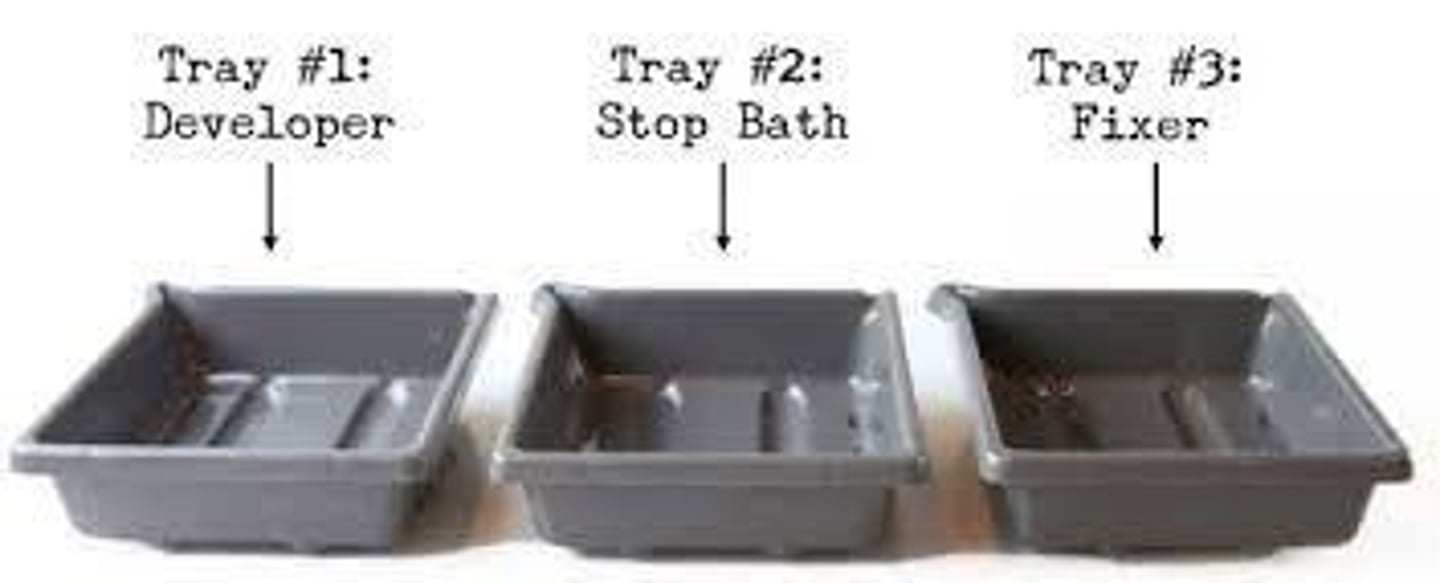
What is the processing time for the Developer?
60 seconds with agitation.
What is the processing time for the Stop Bath?
30 seconds with agitation.
What is the processing time for the Fixer?
3 minutes with agitation.
What is the purpose of the Developer in the darkroom?
It detects changes in silver salt crystals, making latent images visible.
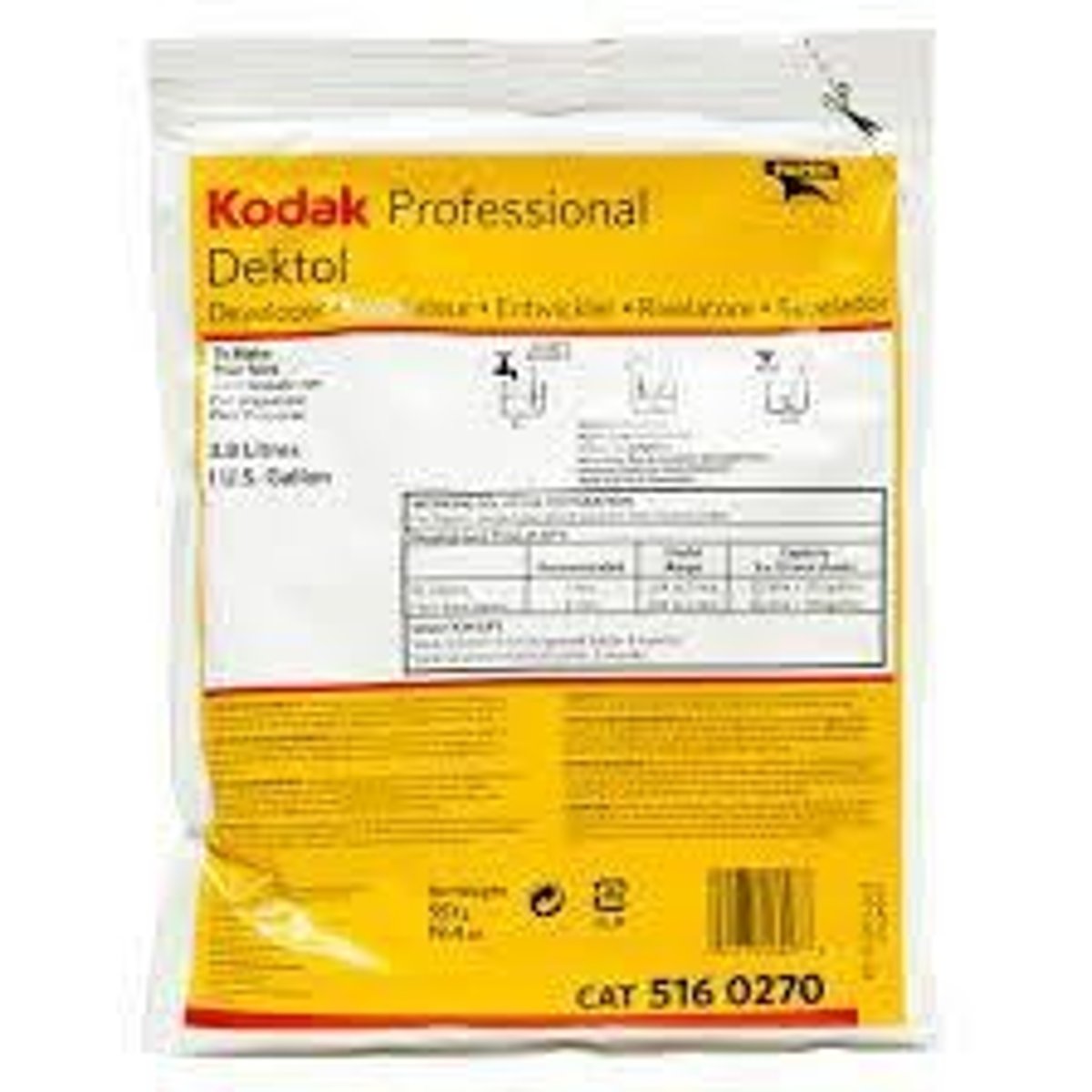
What does the term 'latent image' refer to?
An image recorded onto photo paper that is not yet visible to the naked eye.
How can you tell when the Developer is exhausted?
It will appear black and grimy, and latent images will take longer than 2 minutes to appear.
What is the function of the Stop Bath?
It halts the developing process and saves chemicals by removing developer from the paper.
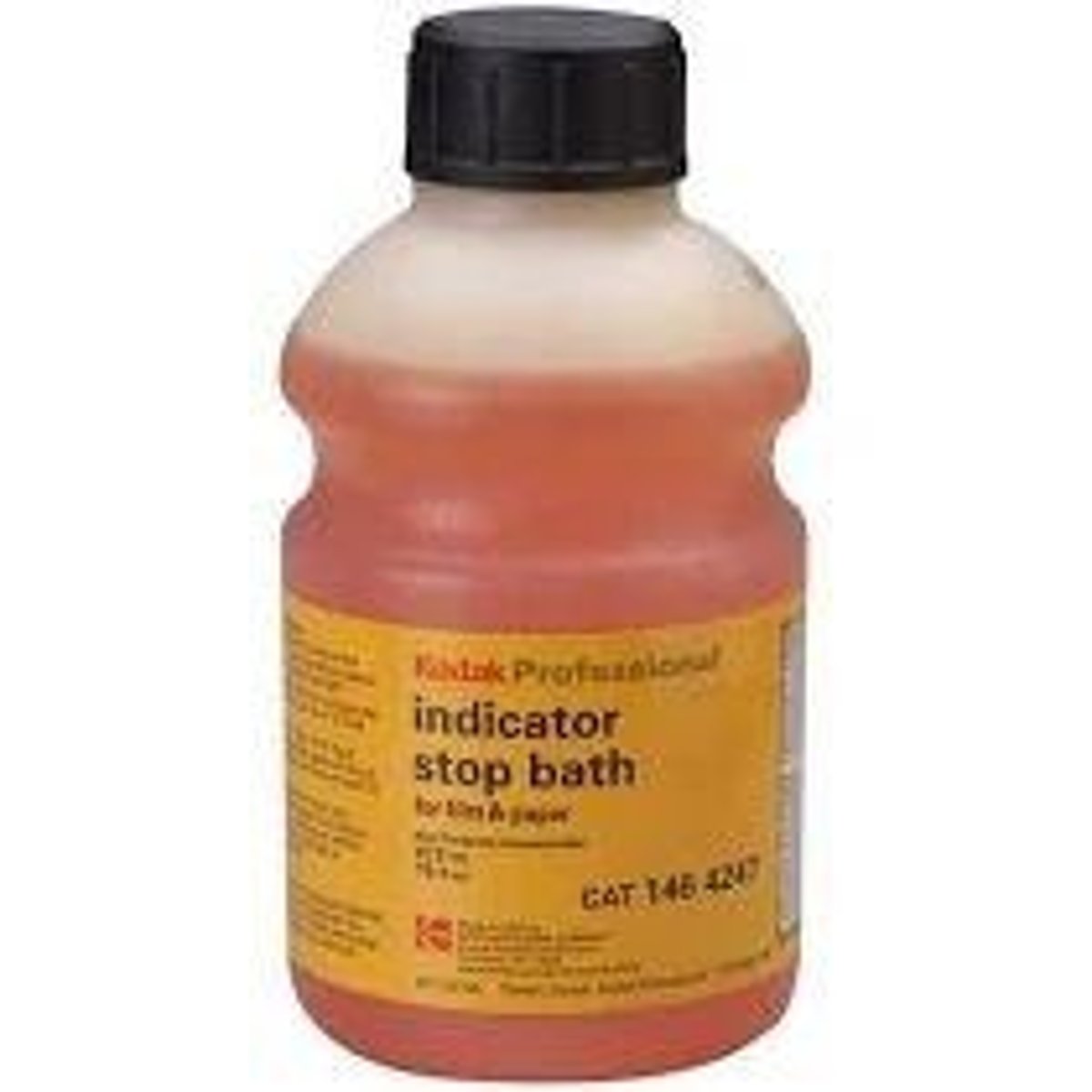
What happens to the Stop Bath when it is exhausted?
It changes color from yellow to purple.
What is the role of the Fixer in the darkroom?
It dissolves unexposed silver salt from the emulsion, making the film or paper no longer sensitive to light.
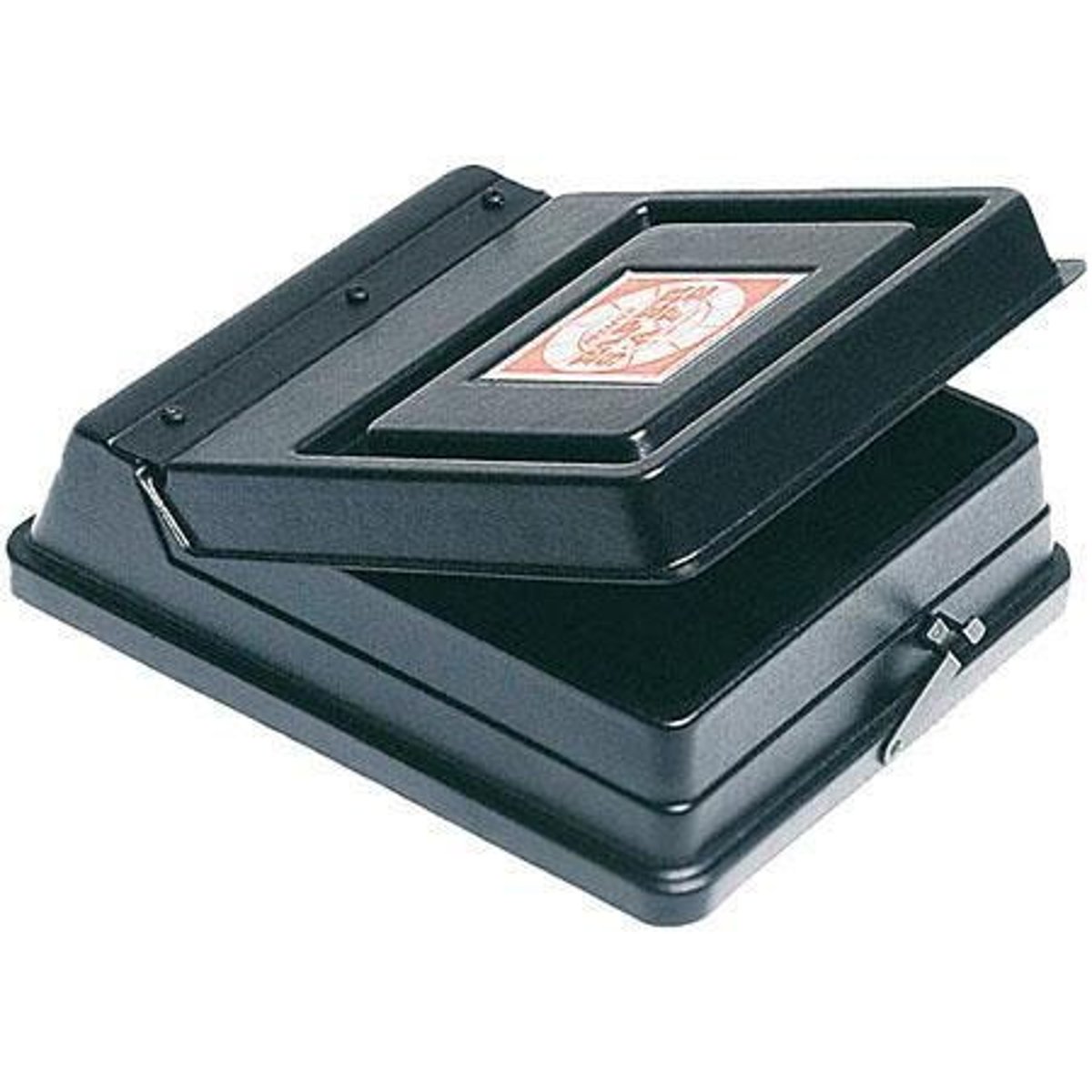
What should you do if a print is not fixed long enough?
It will not be light safe and may appear splotchy.
What happens if a print is left in the Fixer too long?
It will bleach the metallic silver, causing the print to turn too light.
What is the proper way to handle darkroom utensils to avoid contamination?
Use separate tongs for each chemical to avoid cross-contamination.
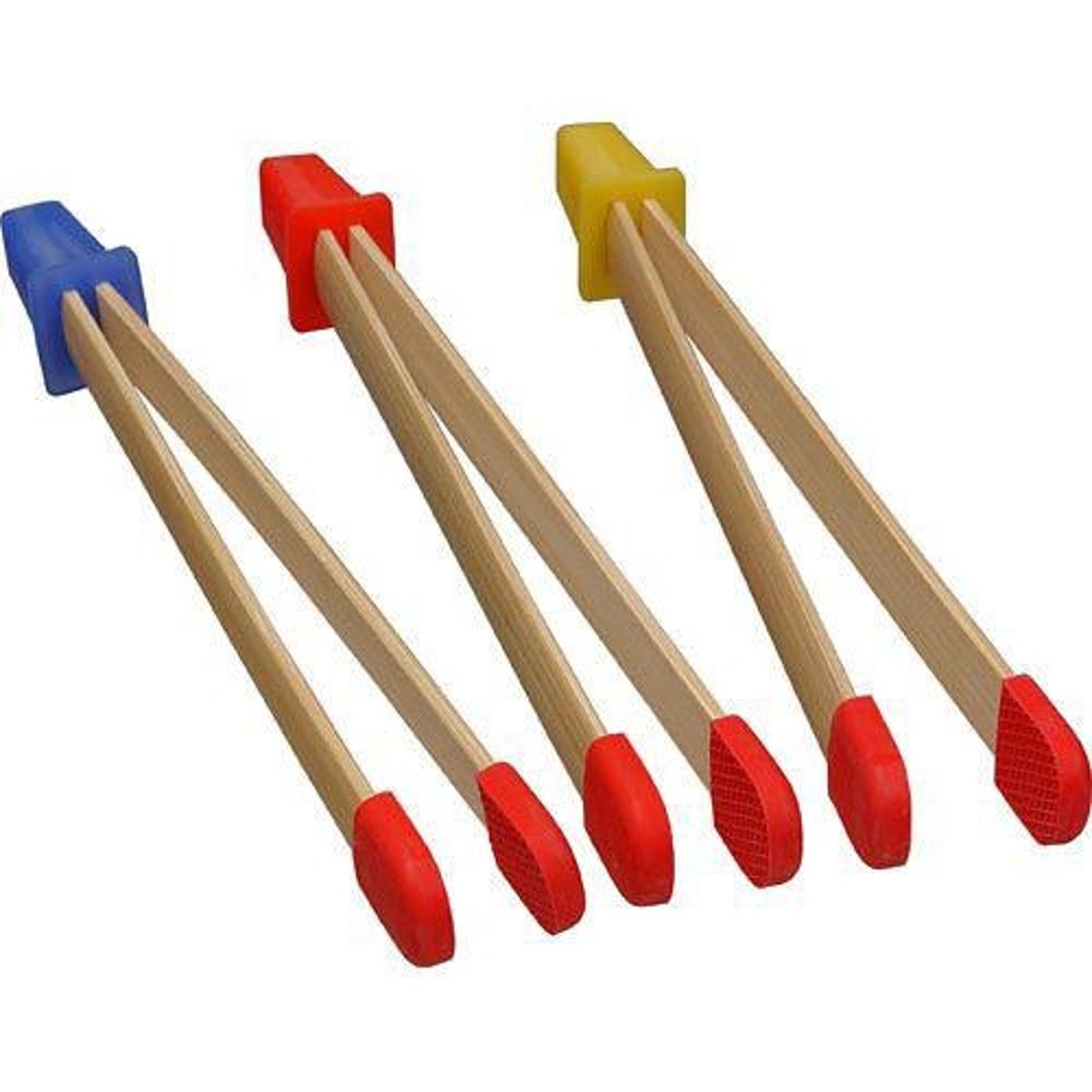
What is a Perma Wash used for?
To remove fixer residue from film or paper and shorten washing time.
What is the purpose of the Water Wash step?
To remove dissolved unexposed silver salt and all fixer residue.
What is the first safety precaution to take in the darkroom?
Washing hands with soap and water.
What should you do in case of chemical contact with skin or eyes?
Immediately flush with plenty of water using the eye-wash station for at least 15 minutes.
How should you wash clothes that have been stained by darkroom chemicals?
Wash in cold water the same day as contamination.
What should you do if your workstation is habitually left messy?
Points will be taken off projects.